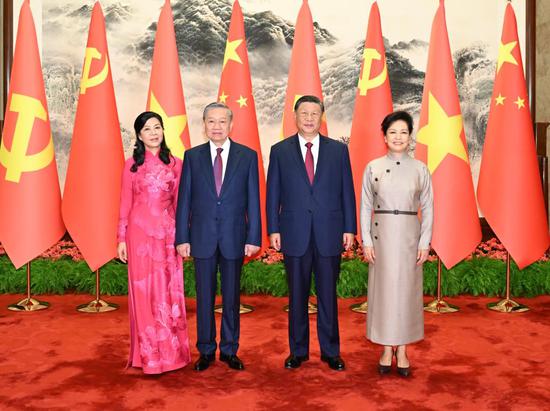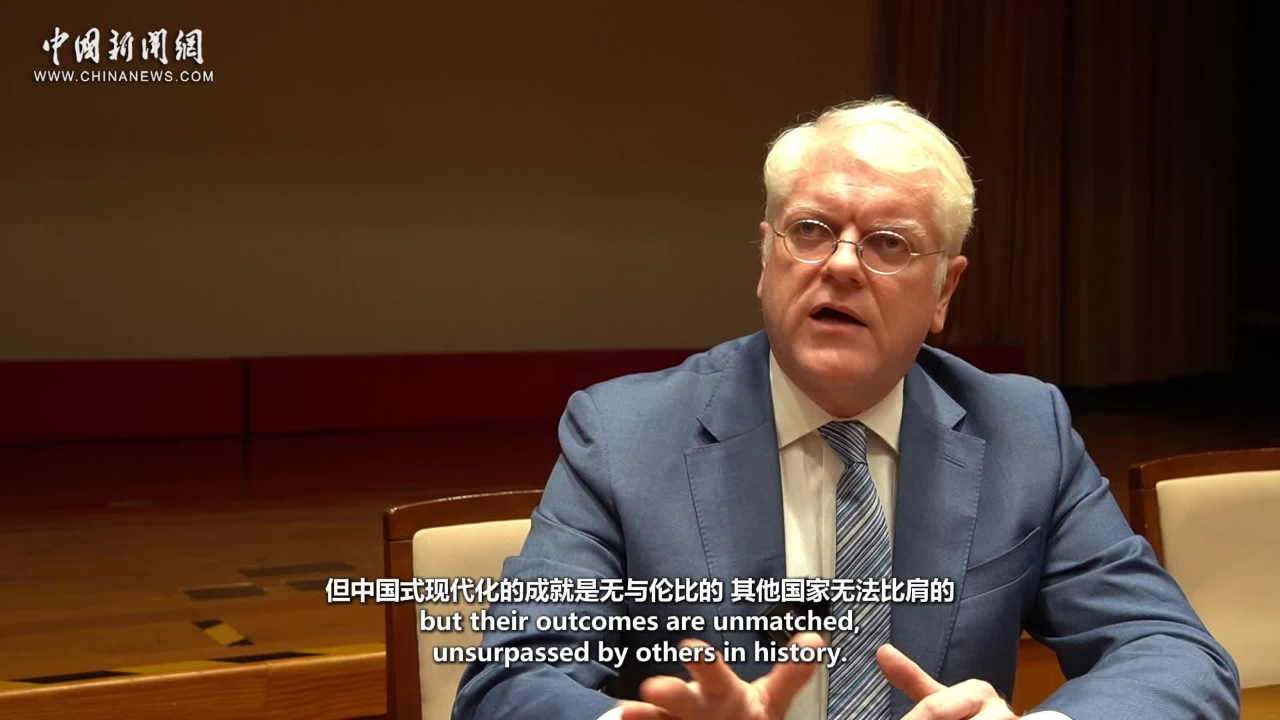Over recent months, a seemingly surprising trend has emerged on the global financial landscape — foreign investors are flocking to Chinese renminbi bonds, even as U.S. bonds boast higher yields.
As of July, overseas institutions' holdings in China's interbank bond market had risen for 11 consecutive months, an increase in foreign holdings of as much as 1.28 trillion yuan ($179.78 billion), according to data from the Shanghai head office of the People's Bank of China, the country's central bank.
At first glance, the inflow looks counterintuitive — why would investors opt for lower-yielding bonds? As of late August, the 10-year U.S. Treasury bonds still yielded around 1.67 percentage points more than their Chinese counterparts, according to market tracker Wind Info.
The answer, analysts suggest, partially lies in the anticipated interest rate cuts by the United States.
The U.S. Federal Reserve is expected to lower rates from the current 5.25 to 5.5 percent range, to avoid a recession. With China's monetary policy to remain stable, the renminbi is poised to rebound against the dollar. This has set the stage for profitable exchange rate plays, with the possibilities of investors converting dollars to renminbi, investing in Chinese bonds, and locking in a profit by selling renminbi forward at a higher rate.
From October 2023 to January 2024, Chinese bonds yielded 107 basis points higher on average than U.S. bond yields of the same maturity after taking into account foreign exchange hedging, according to calculations by BOC International.
Resilience of assets
A more fundamental reason for the inflow, financial experts from home and abroad said, is something beyond technical trading strategies — the growing appeal of renminbi-denominated assets among international investors, a trend that has withstood the headwinds of U.S. rate hikes.
Since the U.S. Fed started a drastic rate hike cycle in March 2022 to combat inflation, foreign holdings in China's interbank bond market have risen. They reached 470 billion yuan as of July, with the 1.28-trillion-yuan inflow since September last year surpassing the outflow of 810 billion yuan between March 2022 and August 2023, according to the PBOC's Shanghai head office.
The allure of renminbi-denominated assets has been underpinned by a global shift away from over-reliance on the U.S. dollar, China's expansive economic ties, and the country's ongoing financial opening-up, the experts said.
These factors, they said, will continue to help the renminbi's ascent as an international currency, strengthening its reserve, payment, financing and pricing functions, and offering a win-win for the global economy.
"Demand for diversification of reserves away from the U.S. dollar remains strong globally, driven by geopolitical, economic and financial dynamics," said Massimiliano Castelli, head of strategy for official institutions at UBS Asset Management.
"We believe the dollar is and will remain for the foreseeable future the main store of value for global investors, including reserve managers. However, currency diversification is set to continue in the future as the world gradually moves toward a multipolar system.
"The renminbi looks set to continue its steady rise in global foreign exchange reserves, in particular if it is supported by an improvement in the Chinese economy, the ongoing rise in the use of the renminbi in cross-border payments and the more widespread use of the digital yuan," said Castelli.
Zhu Min, former deputy managing director of the International Monetary Fund, said, "The world sees that a dominant U.S. dollar is not necessarily a good thing for the whole world, because U.S. monetary policy and fiscal policy may have a big impact on the dollar's value and capital movements."
"Having a more balanced force against the dollar is good for the whole world. So I think the renminbi will continue to internationalize to serve that role, not only for China, but for the whole world, and particularly for international financial architecture," Zhu said.
The world's pursuit of alternative international currencies to the greenback, including the renminbi, has accelerated after the U.S. froze the Russian central bank's foreign exchange reserves and removed several Russian financial institutions from the Swift messaging system in 2022, in the wake of the Russia-Ukraine conflict.


















































 京公网安备 11010202009201号
京公网安备 11010202009201号